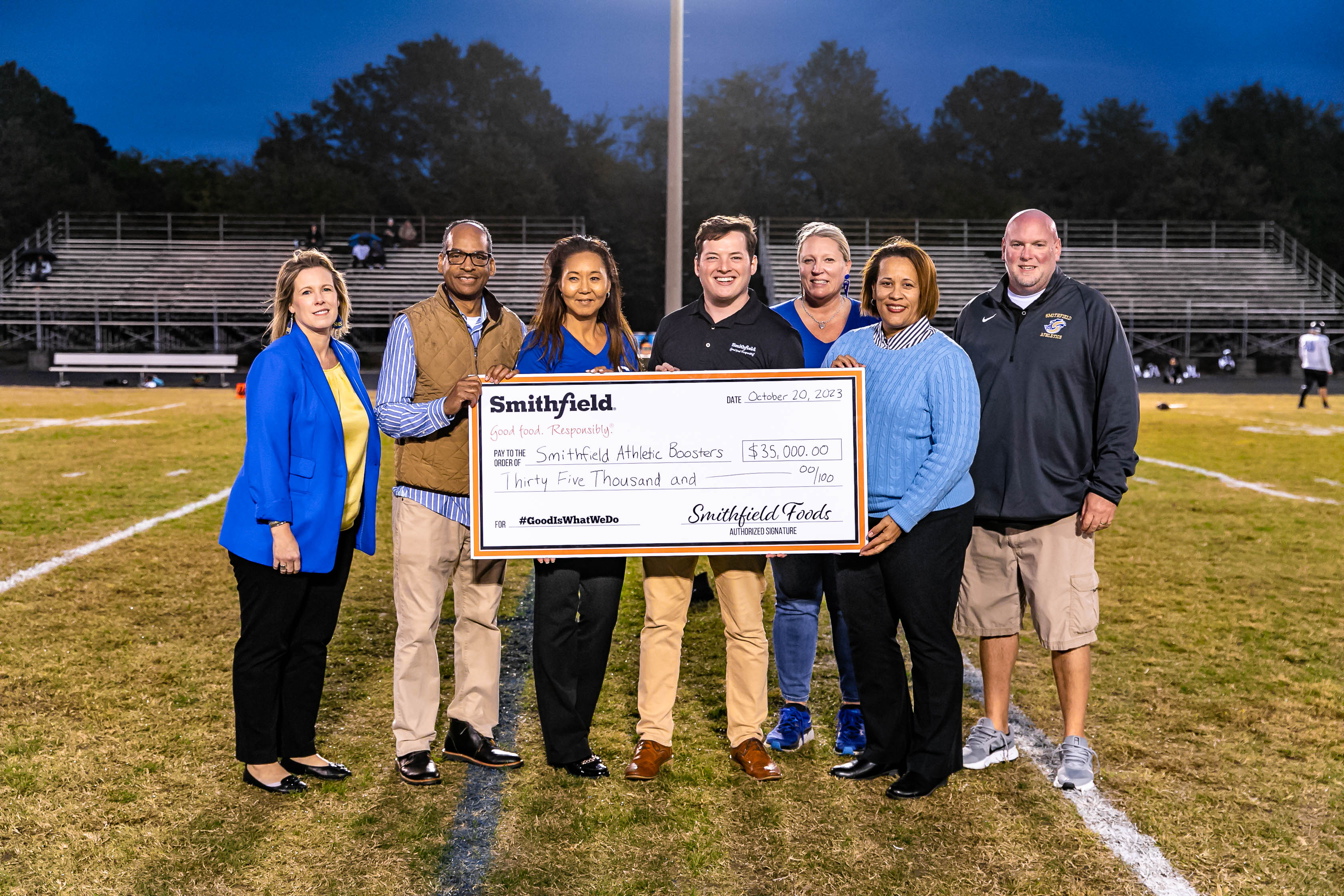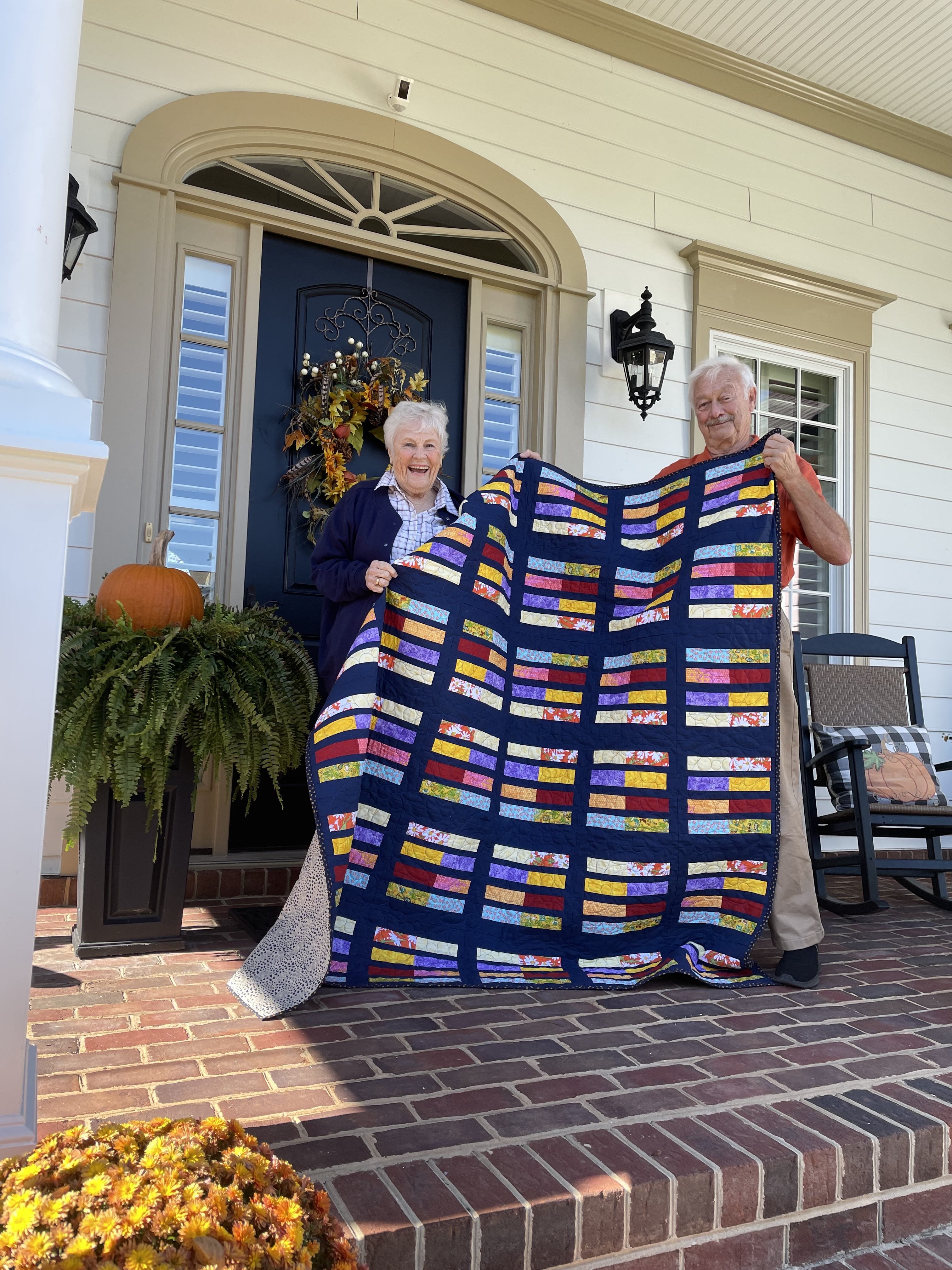Constitutional Amendment No. 2
Published 7:26 pm Tuesday, October 20, 2020
Constitutional Amendment No. 2
Should an automobile or pickup truck that is owned and used primarily by or for a veteran of the United States armed forces or the Virginia National Guard who has a one hundred percent service-connected, permanent, and total disability be free from state and local taxation?
Acceptable answers:
- Yes
- No
Explanation:
The Constitution of Virginia requires that all property be taxed, but contains provisions specifying that certain types of property are exempt from taxation. If the proposed amendment is approved, a service member who has been rated by the U.S. Department of Veterans Affairs to have a 100% service-connected, permanent and total disability would be allowed to exempt a single car or truck from state and local personal property taxes, provided he or she is the primary user of that vehicle.
State Sen. Bryce Reeves (R-Spotsylvania) carried the legislation this year after it was first introduced in 2019 by Delegate Eileen Filler-Corn (D-Fairfax), who now serves as Speaker of the House of Delegates.
According to Reeves, the amendment is intended to benefit veterans such as those who have lost limbs in the service, who need specialty features added to their vehicles to remain able to drive. These features often make such vehicles very expensive.
But the tax exemption would apply to any veteran that meets the above criteria, whether the vehicle has been modified or not, and regardless of how much income that person is earning. Critics of the amendment, such as tax expert Richard C. Auxier, of the Urban-Brookings Tax Policy Center, say this would embed inequities in Virginia’s constitution.
“You could have two neighbors: one neighbor is a veteran who’s currently working a new job that pays $200,000 a year and next door is her neighbor, who’s a teacher, who gets paid $50,000 … the question isn’t do you want to help veterans, it’s do you think the $200,000 veteran deserves the tax break but the $50,000 teacher doesn’t?” he recently told reporters with CBS affiliate WUSA9.
Auxier added that Virginia, and its local governments, which had been receiving this tax revenue, would then need to make up for the resulting shortfall.




